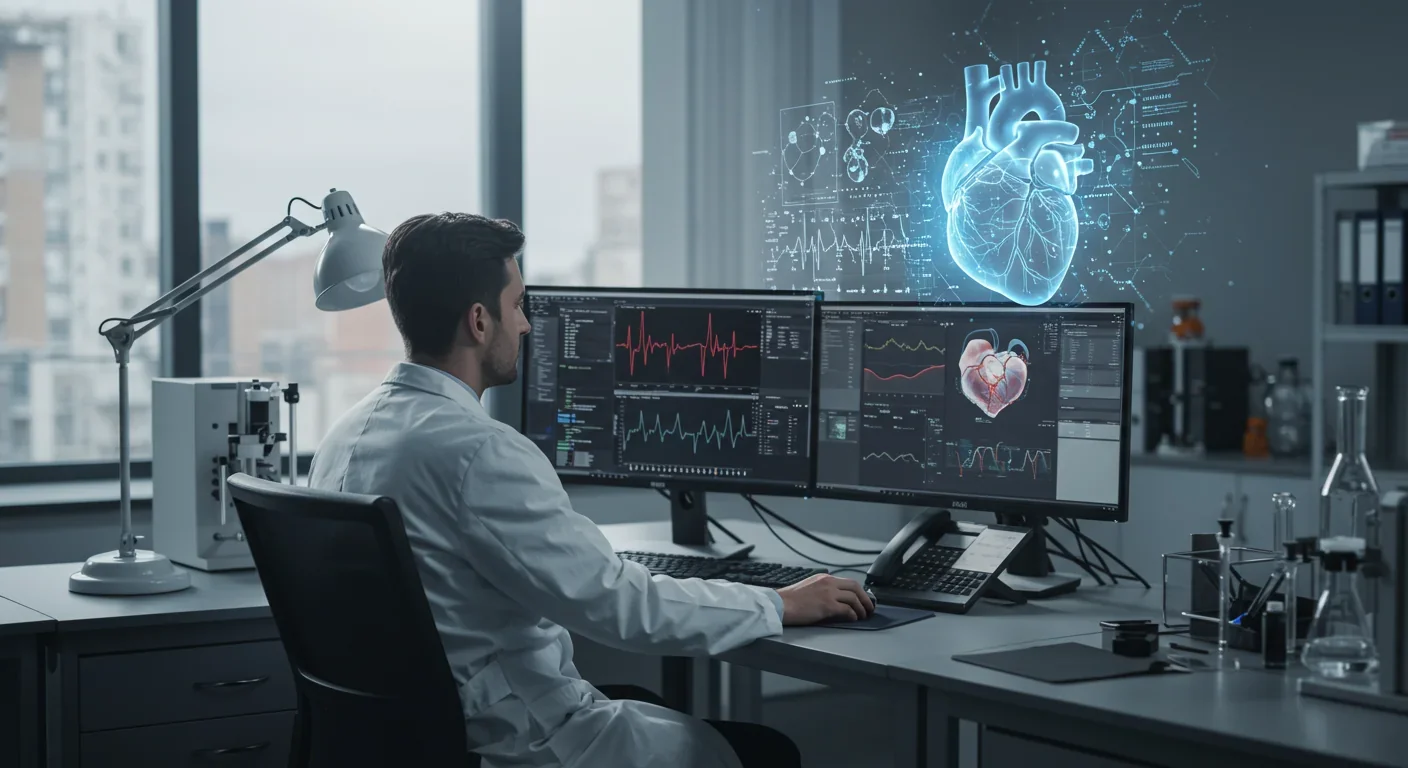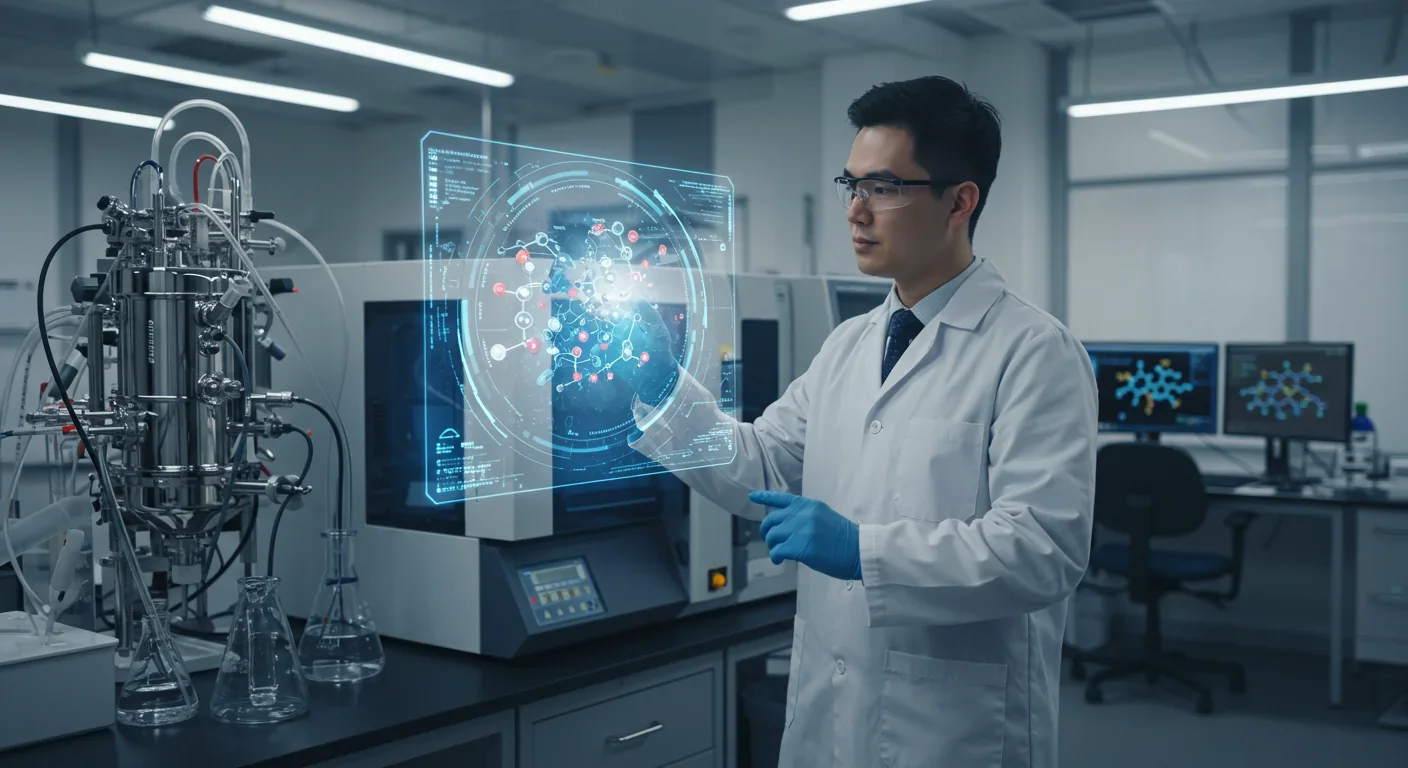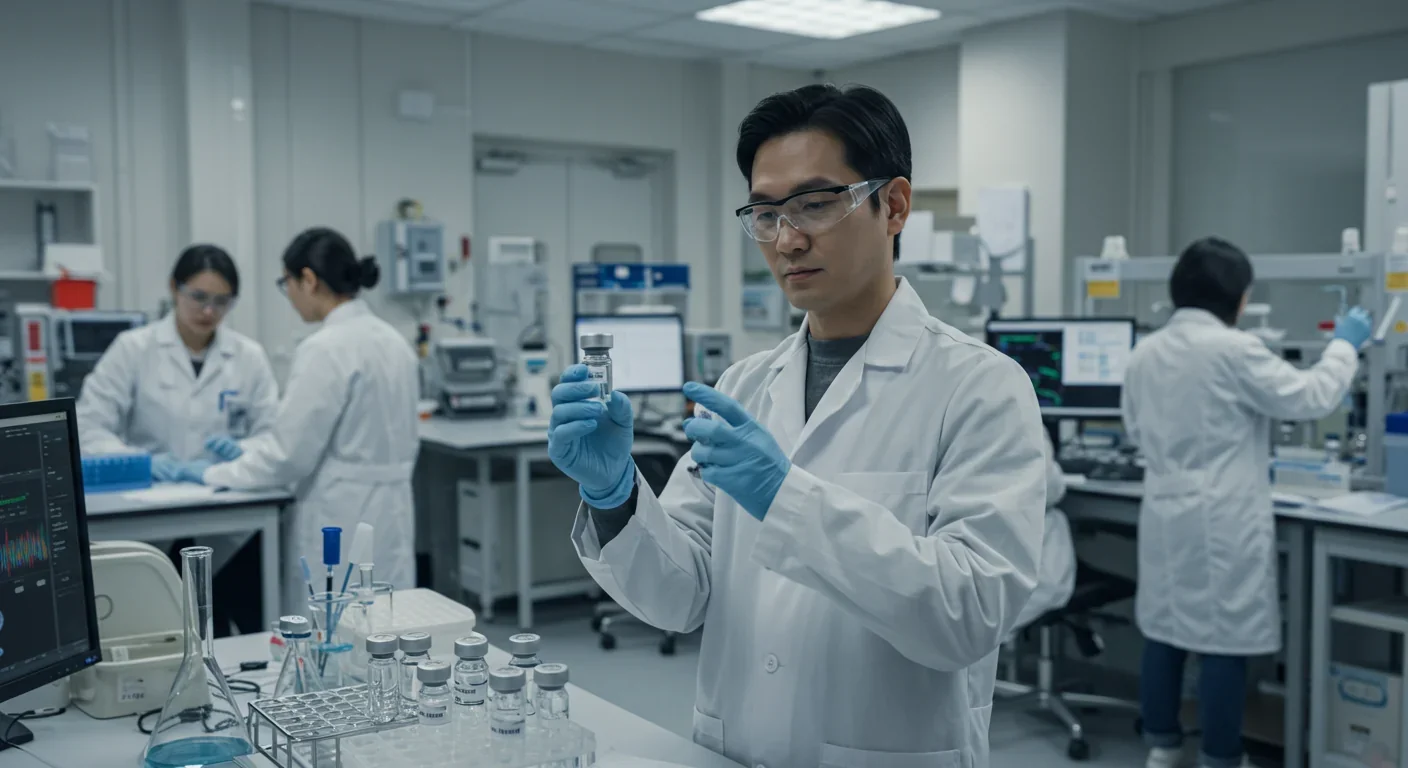Digital Twins Predict Drug Responses Before Treatment
Digital twins are virtual organ replicas that predict drug responses before human trials, potentially slashing development time by 20% and saving billions. Companies like Sanofi already use AI-powered models to test medications on simulated patients, though validation, data quality, and regulatory challenges remain.



